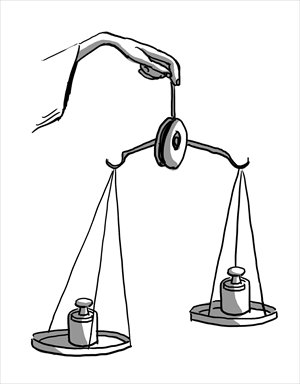Beijing seeks balancing role in Middle East conflicts

China is one of the most important countries in global politics, with a growing involvement in the Middle East ever since the 1990s.
After many decades of passivity and caution, it has begun to show greater interest in the Middle East, particularly due to its growing dependence on the import of energy sources from the region.
This dependency has led it to both strengthen its diplomatic and economic ties with states in and outside the region, and to commit itself to become involved in the management of the Israeli-Palestinian conflict.
China has always charted its policy on the Arab-Israeli peace process as "balanced diplomacy," maintaining friendly relations with Arab countries, while not neglecting its relationship with Israel.
Yet China has been inclined to be more supportive of the Palestinian side, based on Chinese cultural values and traditionally stronger ties with Arab countries, and also since Palestine is generally considered the weaker side of the conflict.
Chinese strategy in the 21st century is to play a more proactive role in international affairs, since its enterprises and economic interests are present all around the world. It is particularly involved in handling the core political and strategic issues of the Middle East.
Such a strategy signifies China's gradual shift away from a cautious and passive policy to a more assertive role, and is intended to emphasize the peaceful and constructive nature of China's role in all regions of the world.
Therefore, in order to build a more constructive relationship with the majority of nations in the region, China cannot avoid discussing Israeli-Palestinian conflicts with Arab nations.
As one of the permanent members of the UN Security Council, China's stance on the issue can be decisive for both sides of the conflict.
The proactive role would be participating instead of only making statements on occasion or during routine meetings with the area's leaders. China is willing to work together with all countries that are willing to be part of an effort to promote the Israeli-Palestinian peace process.
Some experts argue that the Obama administration's pushes to revive the Mideast Peace Process may lead the new administration in China to take a more pro-Palestinian stance on the issue, so that the whole environment will become more unfavorable to Israel.
Beijing's rhetoric will continue to criticize the Israeli measures against the Palestinians, and many of China's activities in the region are seen increasingly affecting Israel directly.
For example, Israel suspects some Chinese-made rockets have reached Hamas terrorist organizations in Gaza. Israel is also concerned about China's ties with Hezbollah. A Chinese delegation, led by a former deputy foreign minister of China, including many Peking University academics and professors, visited Hezbollah's Tourist Landmark of the Resistance, a jihadi museum in Tuffah, South Lebanon.
However, China's relationship with Israel remains a top priority in Beijing, a factor that will profoundly impact Chinese foreign policy in the region.
Therefore, Chinese policy continues to be driven by pragmatic concerns that are very much in line with the international consensus on the Israeli-Palestinian conflict led by the US.
China's diplomacy and growing economic inroads into the Middle East suggest that it is likely to continue to maintain a balancing act when it comes to the question of Palestine, at least in the foreseeable future.
Beijing seeks to limit its involvement in Middle East affairs to issues that are in its own interest only.
However, with the continuous growth of the overall national strength and international influence of China, the international community's call for Beijing to take on more responsibilities is also getting louder.
Yet Beijing does not actively endeavor to advance the peace process but is mainly interested in promoting its own economic interests and balancing the US hegemony in the region. Therefore, its approach is chiefly one of conflict management, rather than conflict resolution.
The author is a lecturer at the Department of Politics and Governance, Ashkelon Academic College, Israel. opinion@globaltimes.com.cn
Chinese popular sympathies swinging against Israel